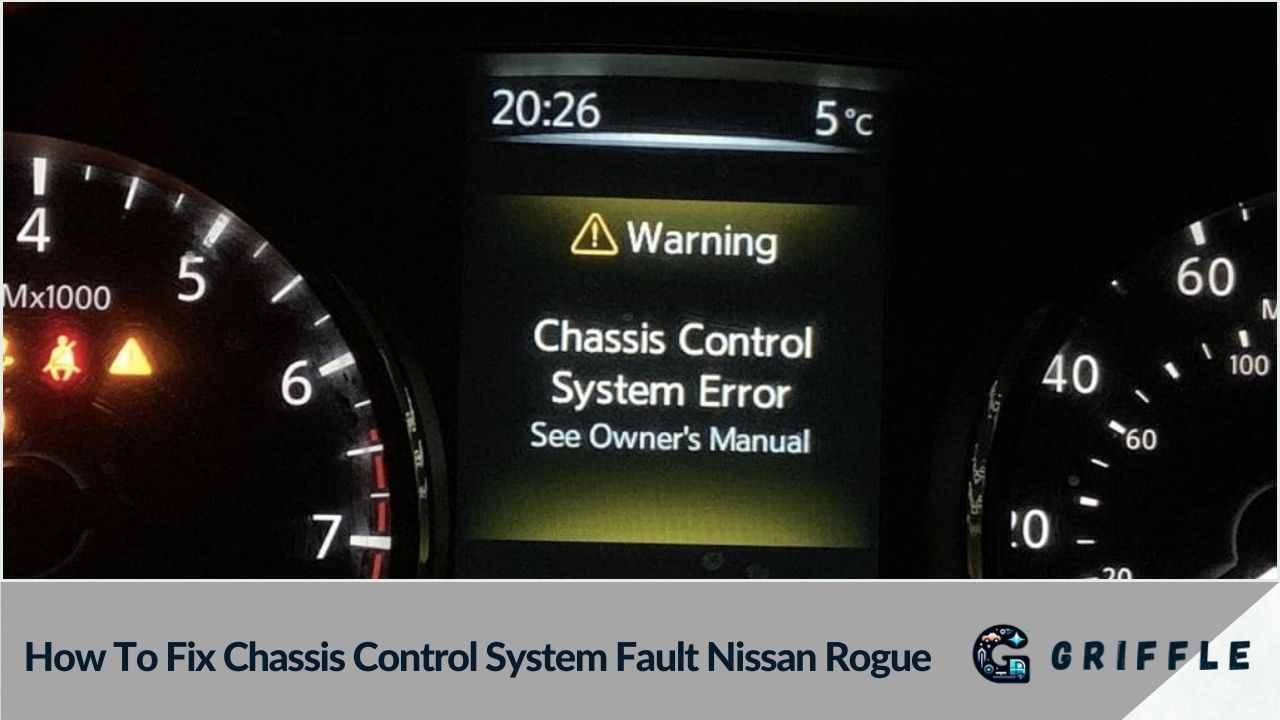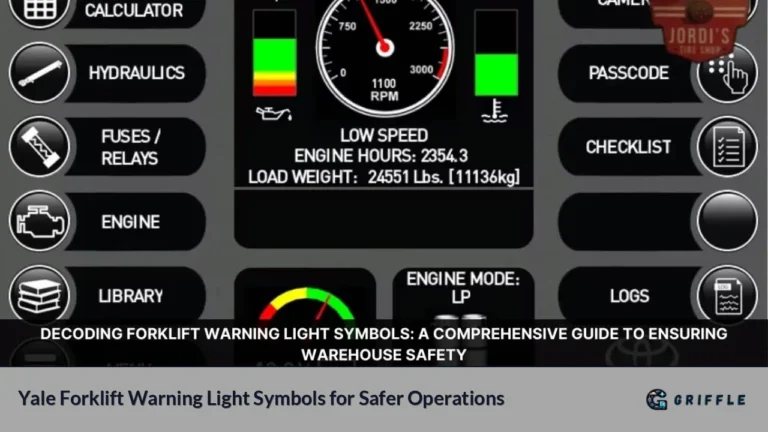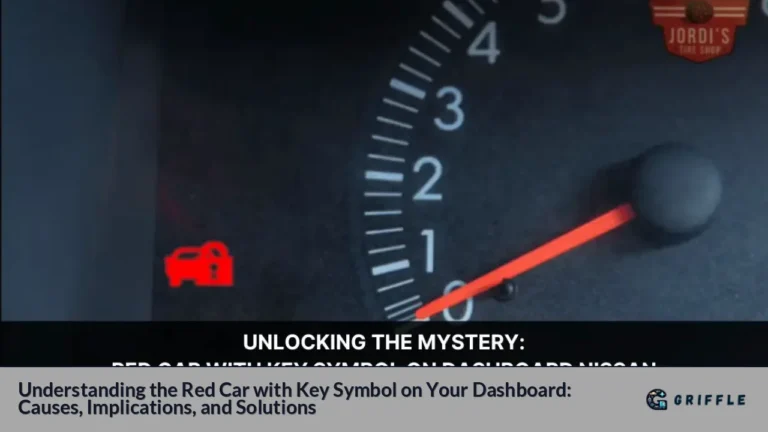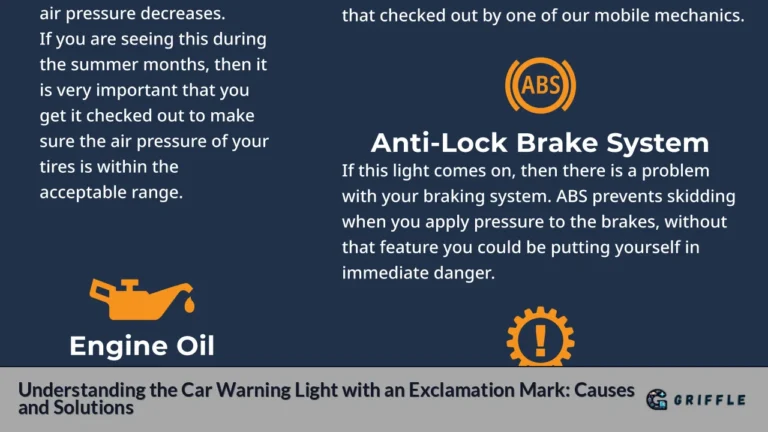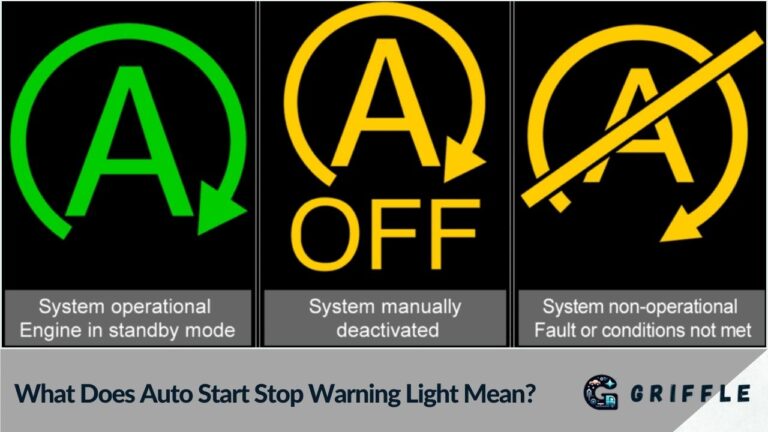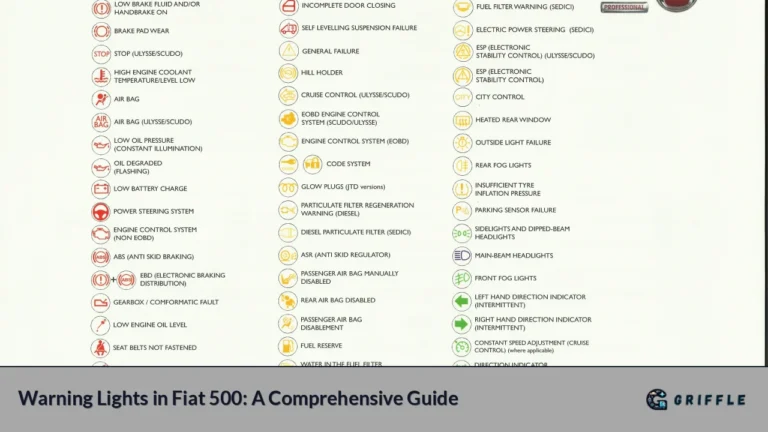Owners of recent Nissan Rogue models might be surprised to encounter a warning on their dashboard indicating a "Chassis Control System Fault." This message points to a minor issue that can be easily fixed. The chassis control system is crucial in managing the vehicle's dynamics under various conditions, ensuring a safe and smooth journey. Addressing errors within these systems typically involves resetting or replacing specific parts to rectify the issue.
What Does Chassis Control System Mean?
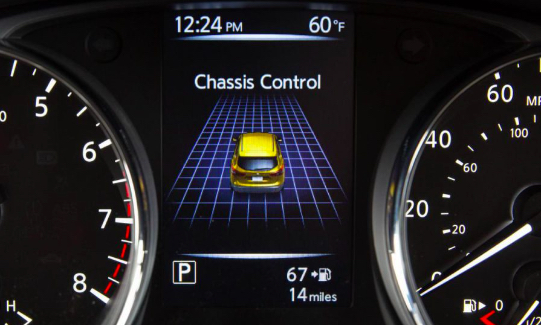
The Nissan Rogue and X-Trail V-Series are equipped with cutting-edge chassis control technology to deliver an exceptionally comfortable, safe, and seamless driving experience. This system utilizes data from sensors monitoring wheel speed, acceleration, and G-forces, to prevent excessive force on the car, particularly over rough terrain.
Recent advancements in vehicle technology have expanded the active chassis control system to include three main features: stability management systems (SMS), anti-lock braking systems (ABS), and traction control systems (TCS). SMS ensures the car remains directionally stable, ABS prevents the wheels from locking during intense braking, and TCS adjusts engine power to enhance grip on slippery roads.
Active Ride Control
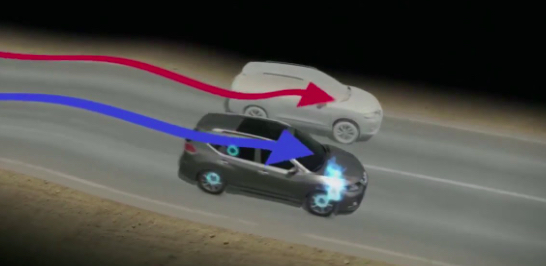
This feature is designed to smooth out rides over uneven surfaces by automatically adjusting braking and traction based on the condition of the road or terrain, leading to a more pleasant travel experience. It applies brake force that doesn't slow the car but allows the shock absorbers to mitigate this force more quickly, minimizing passenger discomfort from vibrations.
Additionally, the system fine-tunes engine torque in response to wheel speed variations, aiding in stability and safety on challenging roads.
Active Engine Brake
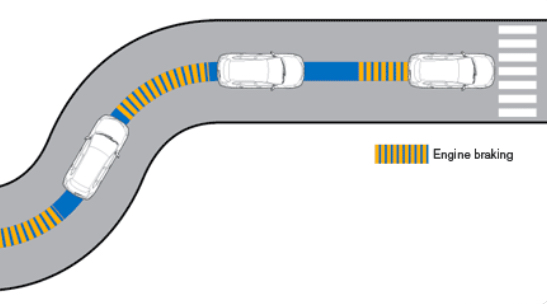
The active engine brake feature adds an extra layer of safety for the driver during cornering or braking by analyzing vehicle speed, steering, and braking data to adjust engine braking levels. This assistance reduces the need for heavy braking, facilitating a smoother ride and enhancing safety.
Active Trace Control
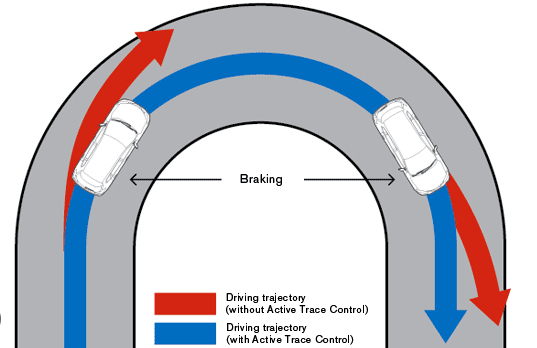
The chassis control system of the Nissan Rogue is especially beneficial for drivers, offering increased confidence during high-speed cornering by individually modulating the braking force on each wheel based on the driving conditions and the driver's inputs. Drivers have praised this technology for providing security when navigating sharp turns at speeds over 80 km/h.
The integration of these technologies boosts driver confidence and ensures passengers enjoy a comfortable ride, free from the strain and discomfort that might otherwise arise from tight, high-speed turns. This synergy of technologies significantly enhances the driving experience, making long trips more enjoyable for both the driver and passengers by mitigating concerns about control loss during fast cornering.
Why Does The Chassis Control System Fault?
Chassis control system malfunctions can arise from various issues, including defective wiring or sensors, contamination, or software bugs. Identifying and addressing these root causes is crucial for resolving such faults. Solutions often involve replacing damaged parts and ensuring all connections are secure and clean. In some instances, a software reset may be required to regain full system functionality, helping to maintain the system's operation over time.
Loose Battery Connection
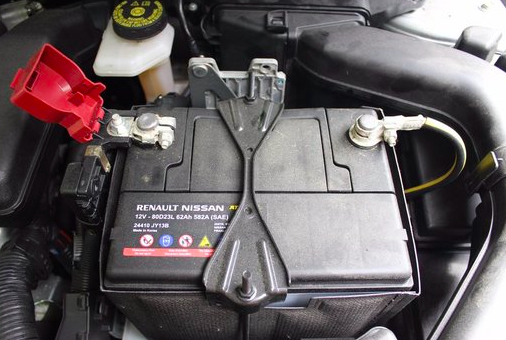
A loose connection at the battery can significantly affect the electrical systems of a car, leading to malfunctions in sensors and the chassis control system, signaled by a dashboard warning light. Tightening the positive or negative cable connections at the battery terminal with a wrench or screwdriver can easily fix this issue. This simple adjustment to the battery terminal's nut can reestablish connectivity and functionality.
Dirty Or Dead Battery
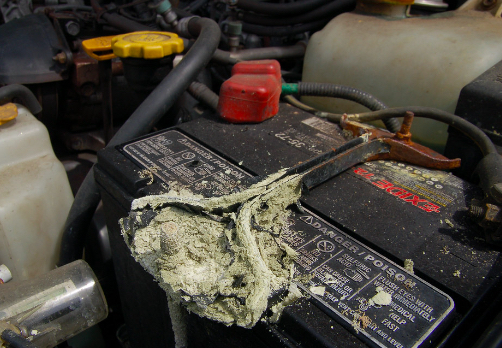
Over time, car batteries can suffer from corrosion or dirt accumulation, leading to starting difficulties or electrical issues, including chassis control system problems. Regular cleaning of the battery with a suitable solution and water rinse, followed by reconnecting the cables, maintains battery health.
For a dead battery, temporary revival techniques include using a second battery, booster pack, or jumper cables for a jump start, adding distilled water for low electrolyte levels, or using Epsom salt or Aspirin. However, a replacement is eventually necessary to ensure all vehicle's electrical systems, including the chassis control system, operate correctly, highlighting the importance of expert maintenance.
ABS Sensor Failures
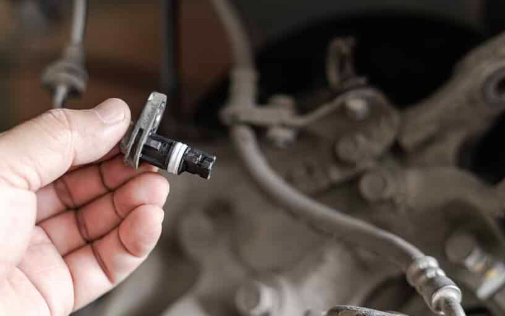
ABS sensor failures impact the module's ability to enhance braking stability and safety by measuring wheel rotation and speed. When these sensors fail or malfunction, the chassis control system's safety functionality is compromised. Addressing this issue requires repairing or replacing the defective ABS sensors to restore system integrity and safety.
Ground Lead Faults
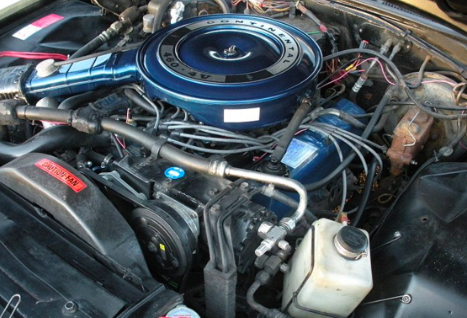
The ground lead, connecting the car's minus battery terminal to its chassis, is crucial for ensuring the smooth flow of electricity throughout the vehicle. Faults in this lead can severely affect the car's electrical systems, including the chassis control functionality. To maintain the vehicle's optimal performance, any issues with the ground lead should be quickly addressed by replacing it with a new one.
Defective Wiring Harness
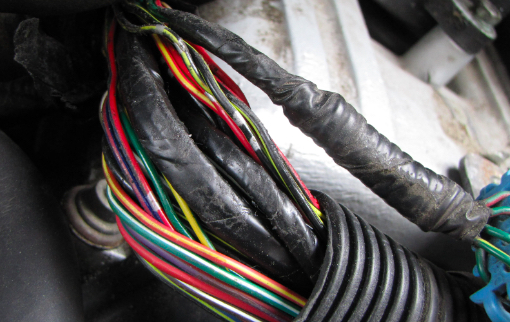
The wiring harness, a vital component in modern vehicles, facilitates connecting electronic and electrical parts by organizing cables and wires within a protective insulation material. This arrangement allows for safe routing throughout the car. However, defects in the wiring harness can disrupt the transmission of commands to various components, potentially preventing the vehicle from starting correctly. Regular inspections of the wiring harness are necessary to detect and fix any problems, ensuring the vehicle's reliability.
In Summary
The Chassis Control System (CCS) is a key feature in various Nissan models, enhancing driver confidence and the overall driving experience. Although this system is common in Infiniti and other brands, errors can occasionally surface, posing diagnostic challenges for those without professional expertise. Vehicle owners experiencing issues with their CCS are advised to consult a certified mechanic for proper diagnosis and repair, ensuring the system's continued efficiency and safety.
